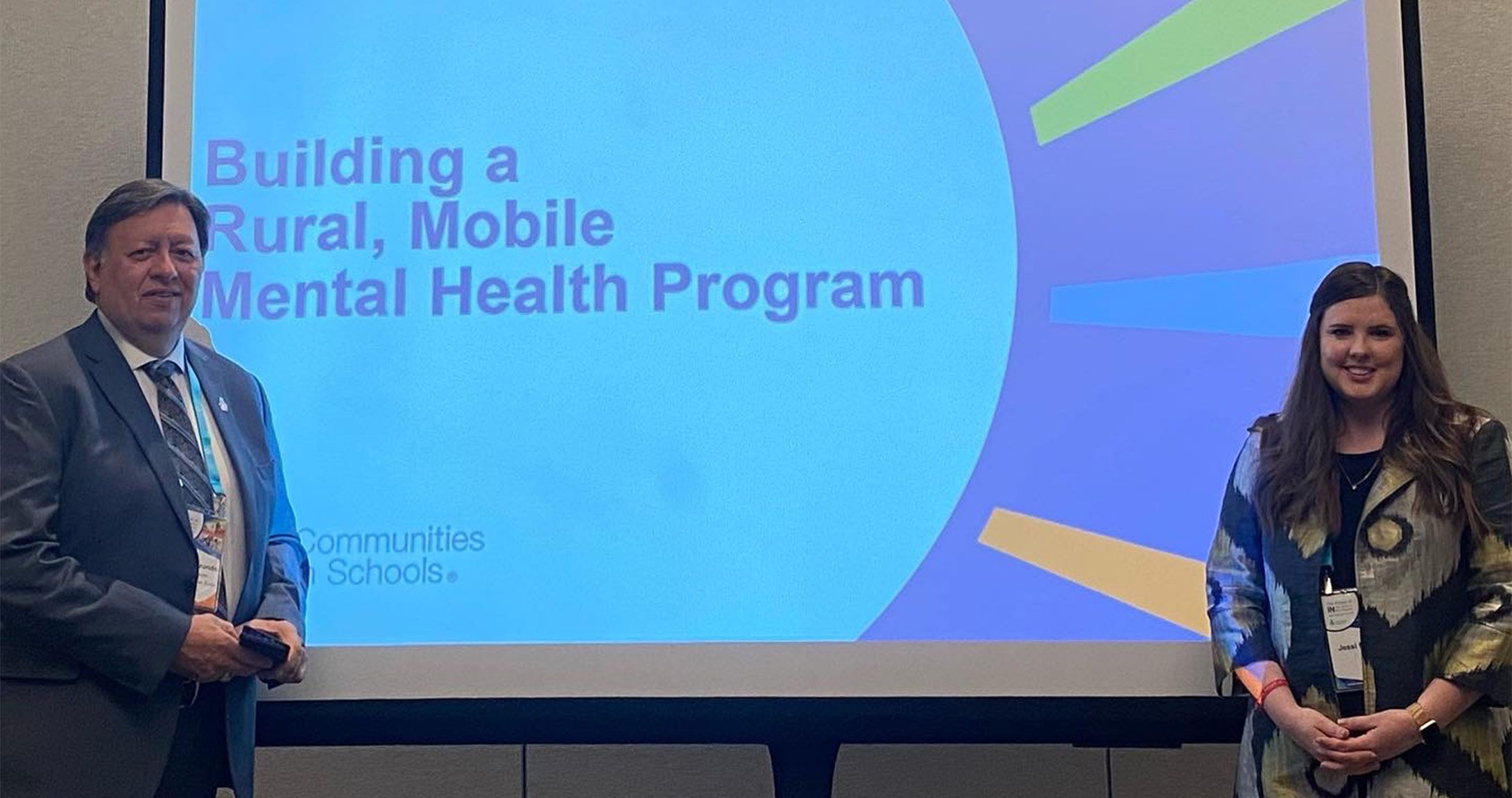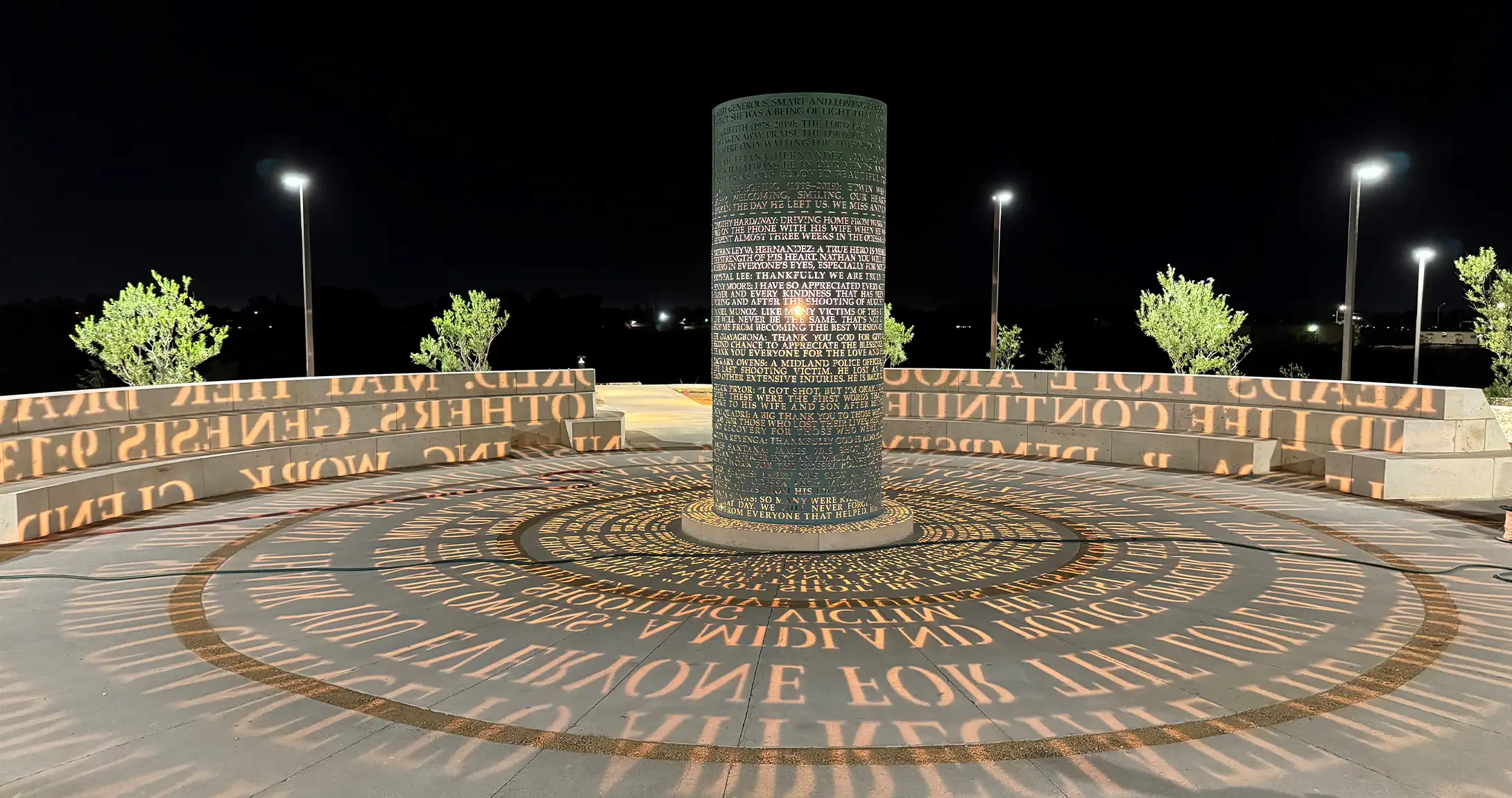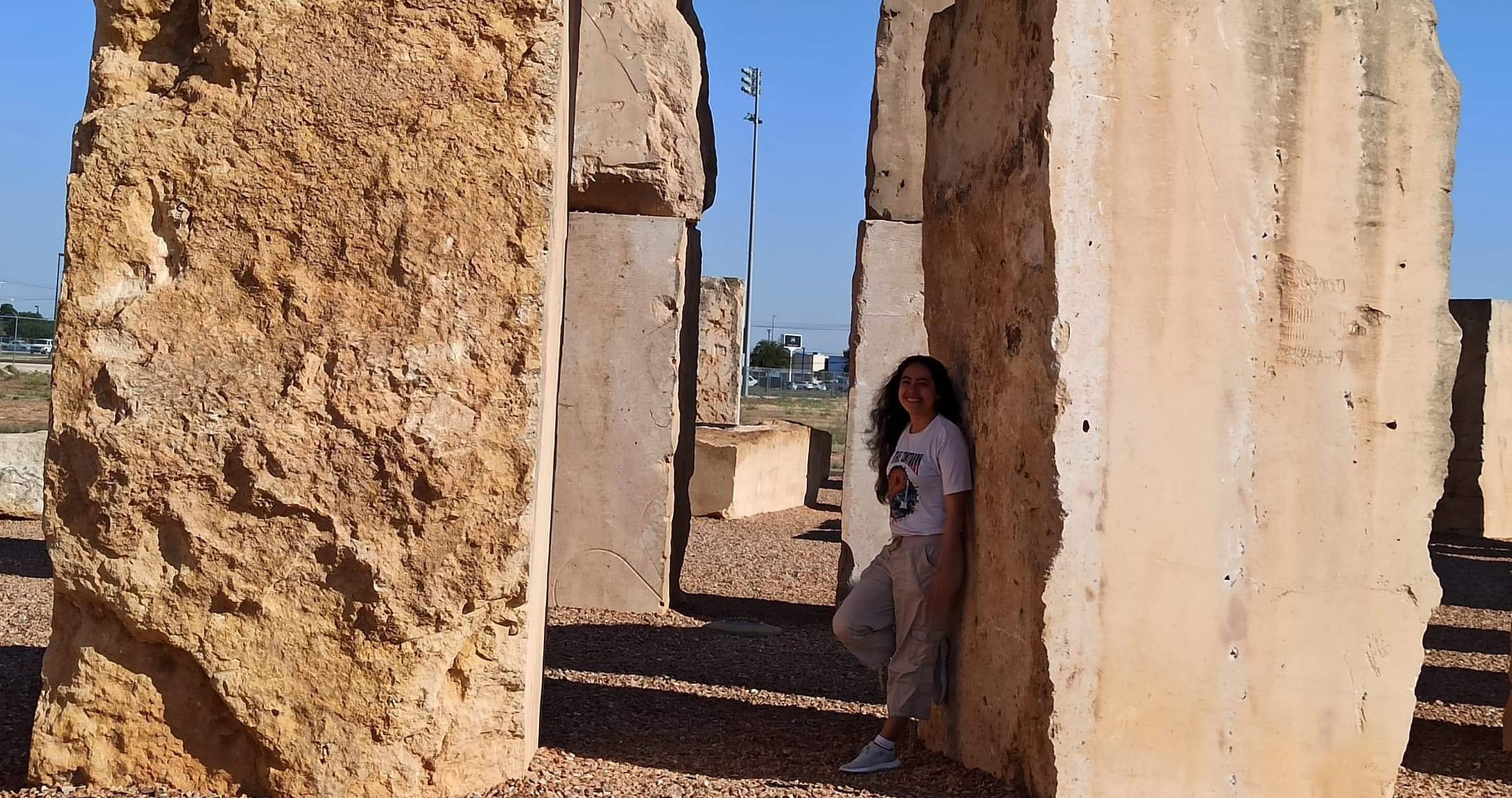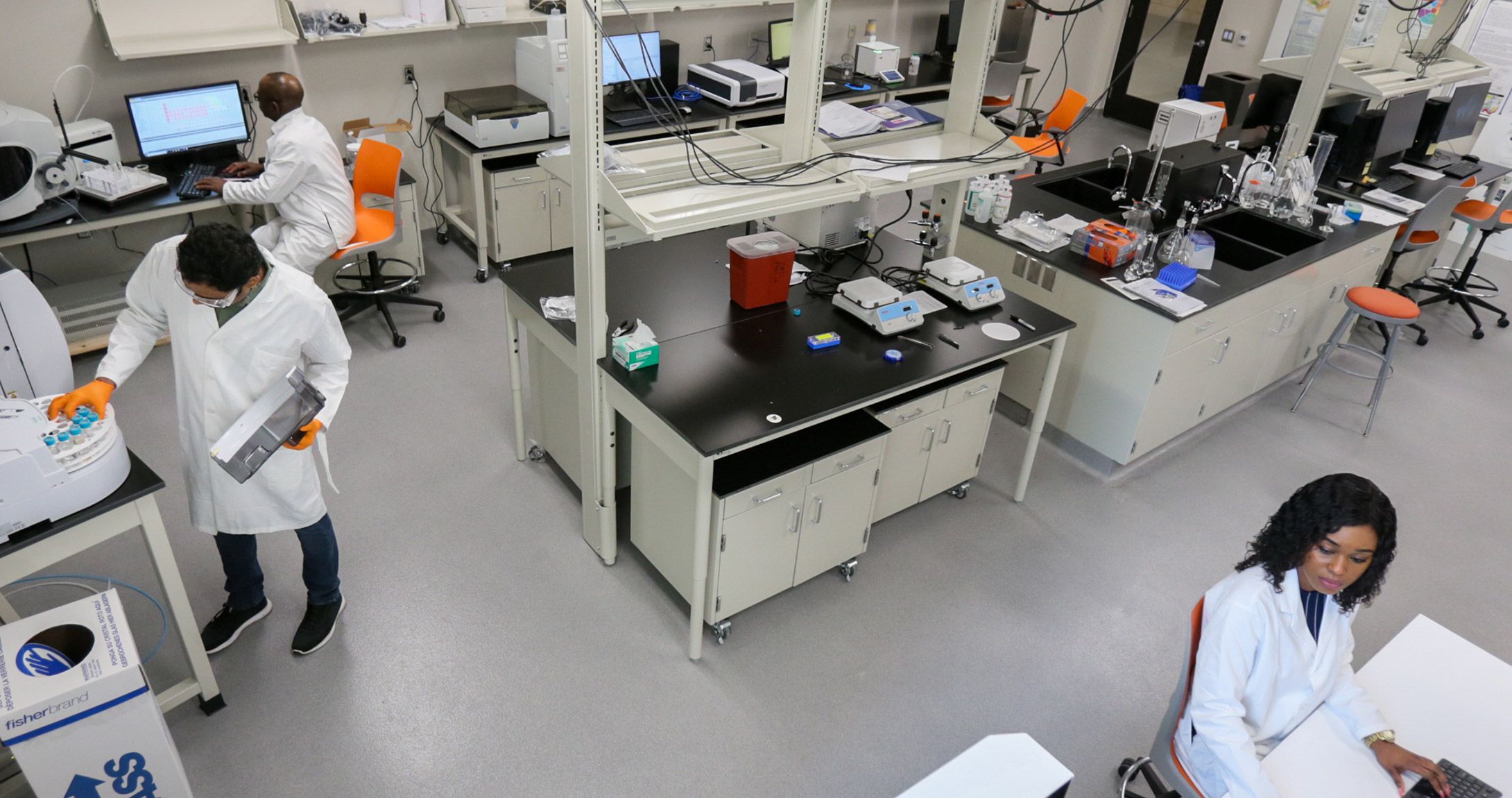Jessi Morgan is passionate about helping others – especially children. “It is hard to measure the ripple effects that come from providing counseling at an early age.”
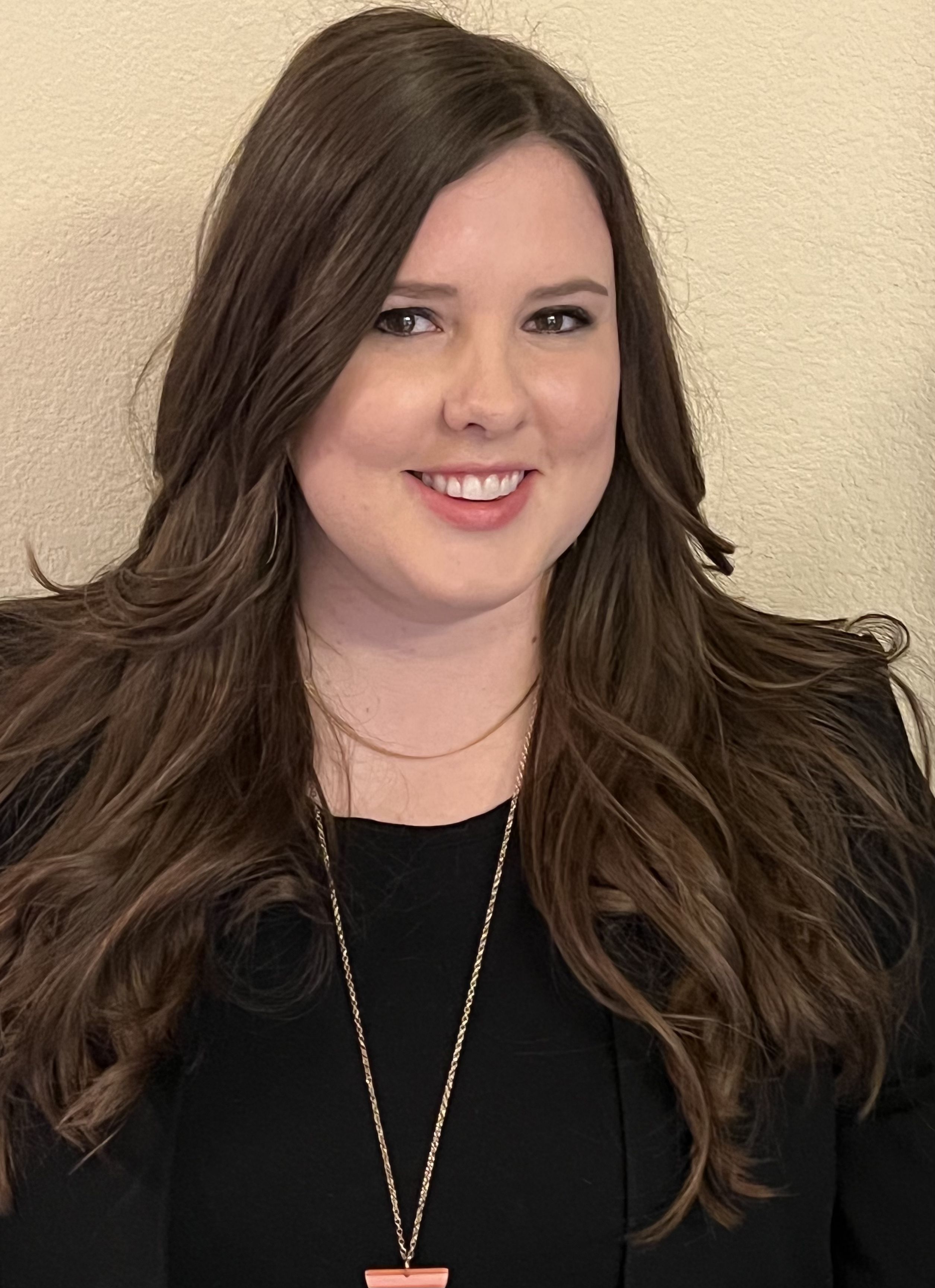
Morgan is the Program Manager of Mental Health Support at Communities in Schools of the Permian Basin (CISPB). She graduated from UTPB in 2014 with a bachelor's in social work and received her master's in social work two years later. Morgan says UTPB’s strong curriculum, coupled with the skillset of her professors, set her up for success.
“I feel that social work is such a versatile degree that will never lose its significance or impact,” said Morgan.
UTPB’s social work program creates unique opportunities. It allows students to meet practicing social workers, ask questions, and receive guidance. Years later, Morgan still calls on her past professors for mentorship as she navigates her role.
In addition to UTPB’s successful undergraduate program, in fall in 2024, the University will launch the new Master's in Social Work. This graduate program offers even more pathways to make a lasting community impact.
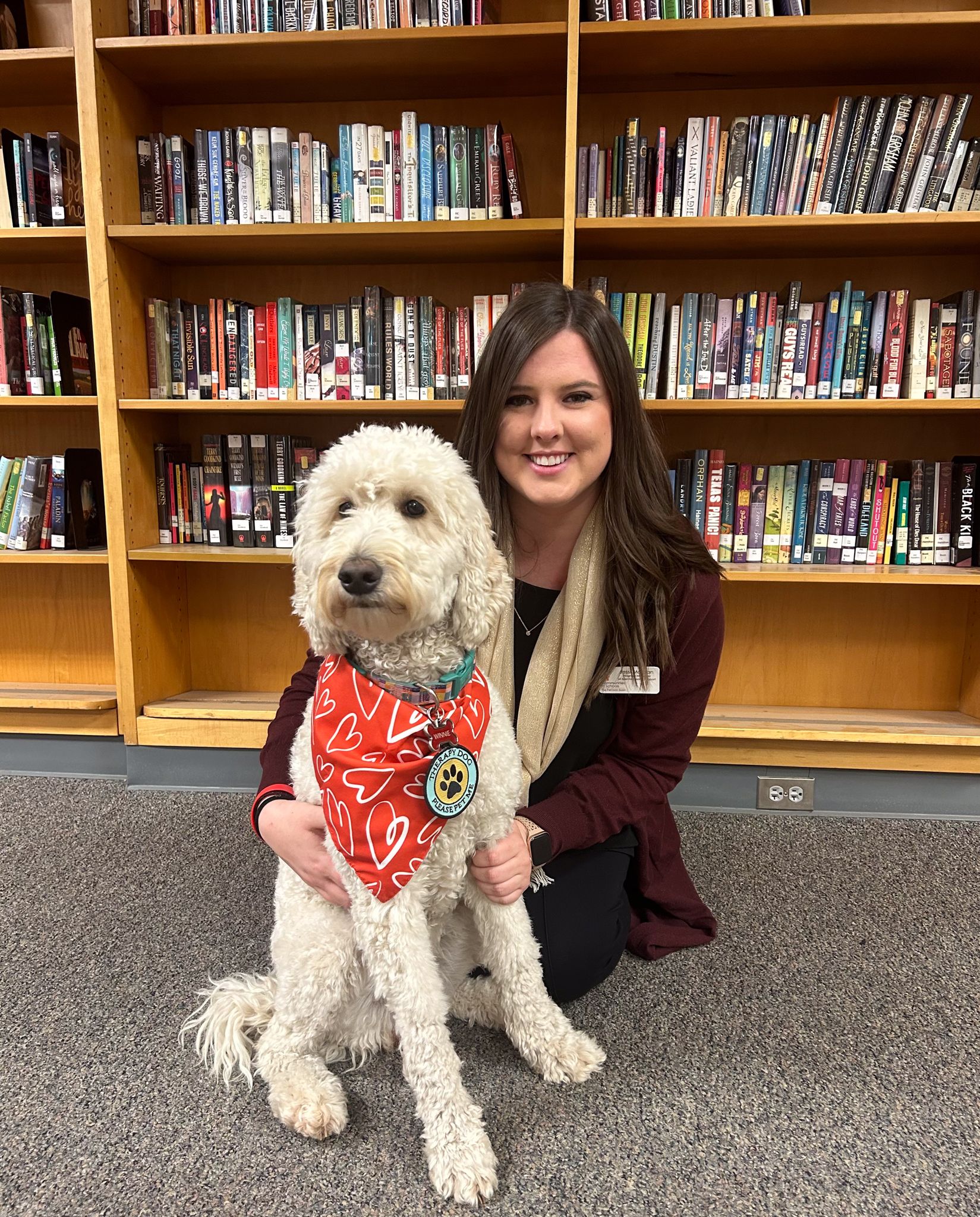
The best part? Through UTPB’s new Impact Behavioral Health Scholarship, students earning their master’s degree in social work, counseling, or psychology can go to school for free. Thanks to generous community support, tuition and mandatory fees are covered!
The Impact Behavioral Health Scholarship Program is competitive and renewable for up to 3 years. Funding is awarded through various federal, state, and institutional funds to qualifying students.
Morgan says pursuing a degree in social work was one of the best decisions she ever made. Seeing the impact of her profession is rewarding in a way that is difficult to measure or put into words.
The Master’s in Social Work Program at UT Permian Basin prepares students to promote human and social well-being. Social Work students receive training in a number of areas including interviewing, assessment, problem solving, crisis intervention, community outreach, case management, and client advocacy.
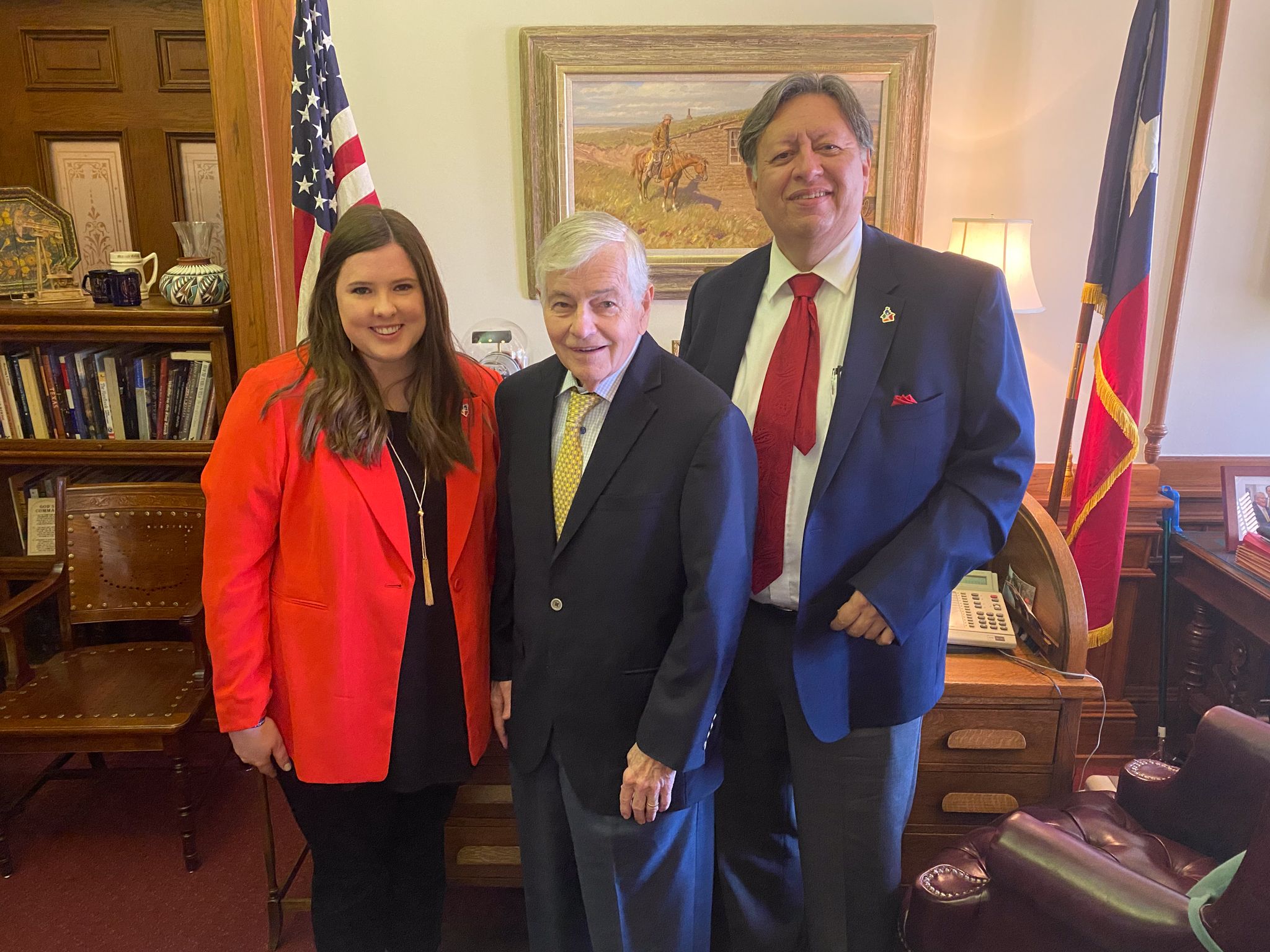
Morgan believes any profession with a focus on human need is critical. It’s a task she doesn’t take lightly. At Communities in Schools, Morgan developed a mobile mental health program. It provides licensed professional counseling to students on campus during the day, at no cost, removing barriers for the k-12th grade students.
She oversees a team of eight: six counselors, two group positions, and a therapy dog. She also has a small caseload of clinical counseling students and serves as the interim development director for CISPB.
“It is hard to measure the ripple effects that those students receiving counseling at an early age will have on their lives,” said Morgan. “Ideally, we are helping to build and foster patterns of resilience in these children who will pass those qualities down to their children and the next generations to come.”
During her time at UTPB, she witnessed advocacy firsthand and feels that her experience set the foundation for important work, before she even entered the field.
UTPB’s goal is to grow the next generation of behavioral and mental health providers in the Permian Basin. We want to support our hospitals, clinics, and schools by training talented, experienced, and motivated professionals ready to serve our community as credentialed counselors, therapists, and clinical social workers. The goal of the program is to increase the number of graduates from behavioral health degree programs. Specifically, this workforce program is intended to produce more credentialed counselors for the Permian Basin.
The Impact Behavioral Health Scholarship is possible thanks to generous donations from the Permian Strategic Partnership and the Scharbauer Foundation.
